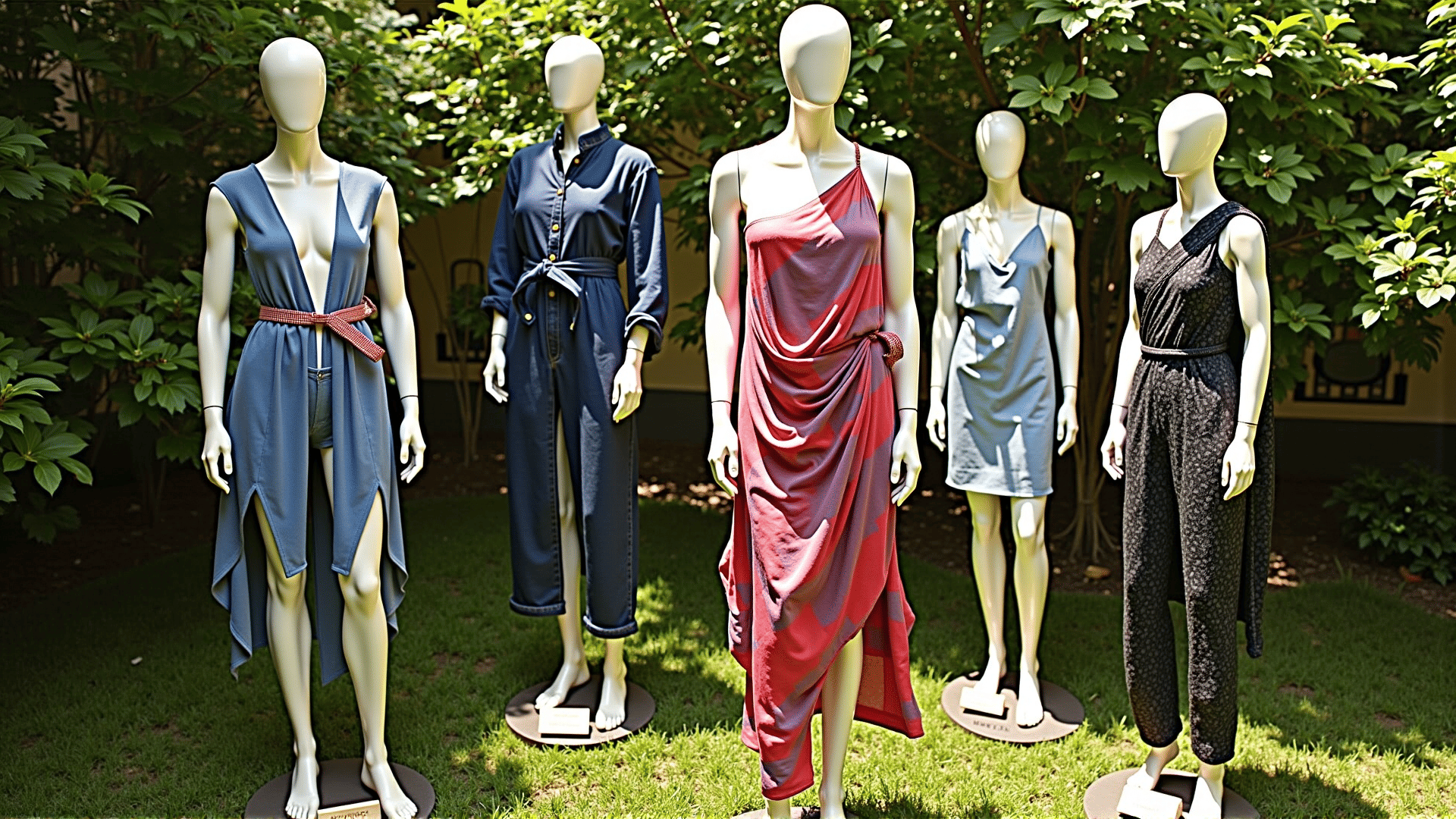The fashion industry, long critiqued for its environmental impact and ethical concerns, is undergoing a transformative shift toward sustainability. This rising trend in sustainable fashion is setting new standards for style and responsibility, offering an exciting glimpse into the future of clothing.
The driving force behind this shift is a growing awareness among consumers about the environmental toll of fast fashion. This awareness has sparked a demand for clothing that not only looks good but also feels good ethically and environmentally. Sustainable fashion is about more than just using eco-friendly materials; it embodies a holistic approach that incorporates ethical labor practices, sustainable supply chains, and innovative design.
At the forefront of this transformation is the use of eco-friendly materials. Organic cotton, hemp, and bamboo are gaining popularity for their minimal environmental impact and biodegradability. Designers are also experimenting with recycled materials, using plastic bottles and discarded fabrics to create stylish, sustainable pieces. Innovations like lab-grown leather and fabrics derived from algae or fungi are pushing the boundaries of traditional textile production, offering environmentally friendly alternatives to conventional materials.
Ethical practices are another cornerstone of sustainable fashion. Brands committed to sustainability are ensuring fair wages and safe working conditions for their workers, empowering communities, and supporting local artisans. This ethical ethos is becoming an integral part of brand identity, as consumers increasingly seek transparency about where and how their clothes are made.
Moreover, sustainable fashion is challenging the notions of waste and consumption in the industry. The concept of a circular economy is guiding brands to design with the end-of-life of garments in mind, encouraging recycling and upcycling. Clothes are being designed to last longer, with quality craftsmanship and timeless styles that transcend seasonal fashion trends.
The rise of sustainable fashion is also being fueled by technological advancements. Digital tools are enabling more efficient production processes, reducing waste, and allowing for personalized, made-to-order clothing that decreases overproduction. Blockchain technology is enhancing transparency in supply chains, allowing consumers to verify the ethical and sustainable credentials of their purchases.
Consumers play a vital role in this paradigm shift. The growing demand for sustainable products is encouraging more brands to adopt eco-friendly and ethical practices. As the consciousness about sustainable living expands, people are embracing minimalist wardrobes and choosing quality over quantity, opting for pieces that have been thoughtfully produced.
While sustainable fashion is setting promising new standards, challenges remain. The higher cost of sustainable materials and ethical production often translates to higher prices for consumers. However, as technology advances and demand increases, these costs are expected to decrease, making sustainable fashion accessible to a broader audience.
In conclusion, sustainable fashion is redefining what it means to dress responsibly. It's about more than the garments themselves; it’s a movement towards an industry that values the planet and its people. As this trend continues to grow, it is paving the way for a future where style and sustainability coalesce, making eco-friendly and ethical choices the norm in the world of fashion.
